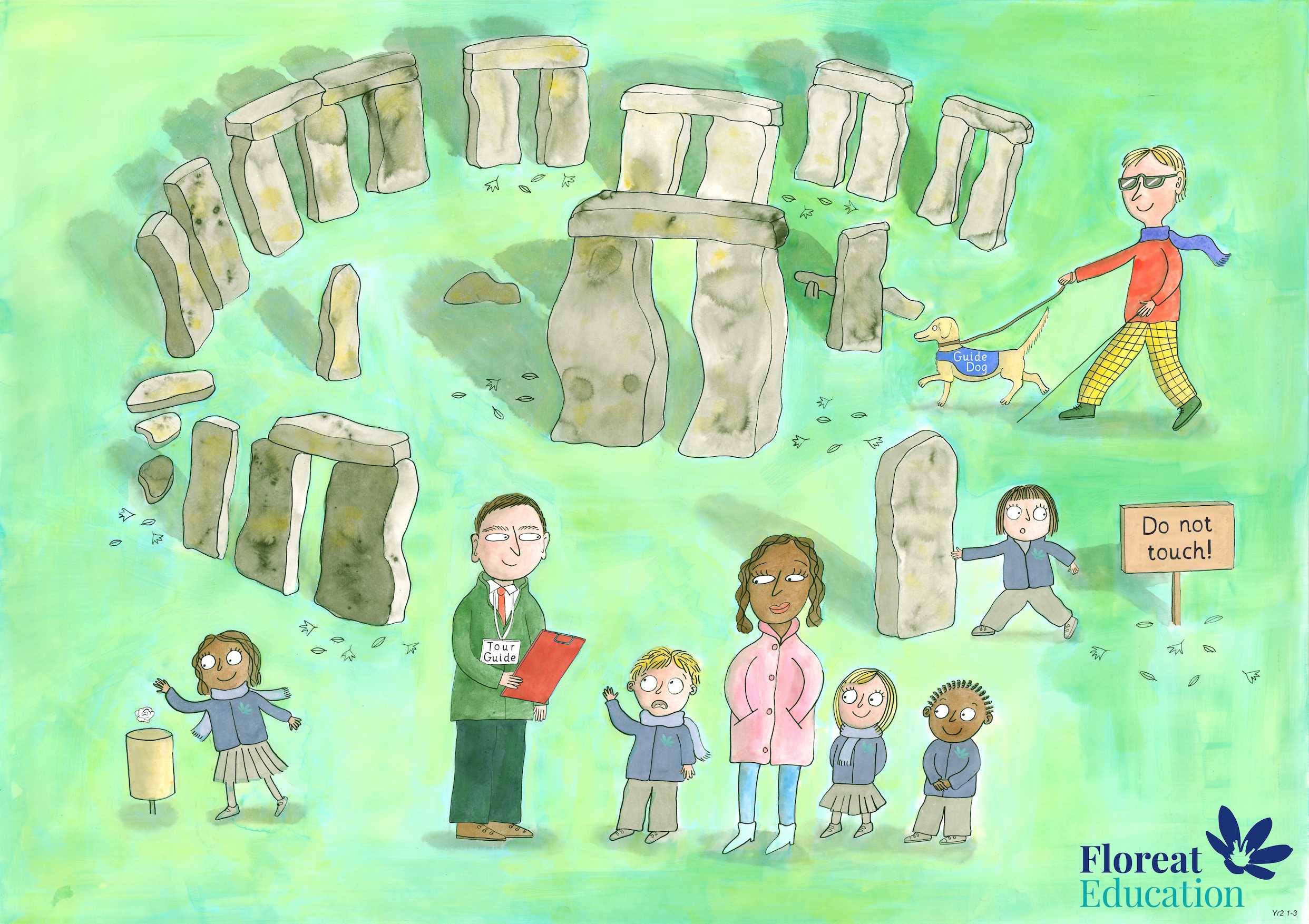Love and Kindness
Year 2: We can show love and kindness in many different ways
Core Story
Frog and Toad are Friends by Arnold Lobel. This book contains five short stories about the friendship between Frog and Toad. For this unit use the story ‘The Letter’.In this story Frog notices Toad looks sad. Toad explains that he is waiting for the post, although he never receives a letter. Feeling sad for his friend, Frog goes home, writes a letter addressed to Toad, and asks a snail to deliver the letter to Toad's house. Returning to Toad's house, Frog tries to convince Toad to wait for the post to arrive. When Toad asks why, Frog eventually explains about the letter and describes what he wrote in it. This cheers Toad up enough to wait for the letter. It takes four days for the snail to reach Toad's house, but he arrives with the letter and Toad is very happy to know the wait was worth it.

Drawing out the virtue
Once you’ve read the story, ask your class the following questions:
Why did Frog write a letter for Toad? Why did it upset Toad that nobody wrote to him? Would you too like to be friends with Frog? Why is that? Could you do what frog did?
Activity 1: How can we show kindness?
Use the PowerPoint Y2 Love and Kindness to prompt children to think about how they are, and can be loving and kind at different times of the day. Ask perfect partners to discuss each new slide, and think of a sentence beginning with “To show kindness I would ….”. Then ask one or two pupils to share their full sentence each time.
Then ask pupils to sit in a circle on the carpet, and think about times when they have helped someone. Encourage them to think about things that happened with parents, friends, teachers, strangers and in school, on the bus, in the park, at home, etc. Talk about how sometimes very small acts of kindness (saying hello, carrying a bag, tidying pens, smiling, asking how they are) can make a big difference.
Holding a special object (that denotes the child allowed to speak), ask them to share, beginning with “I was kind to XXX when …..” After each story you could ask them "did he/she show love and kindness?" or state "You are very helpful and kind."
Activity 2: Puppy raisers
Gently introduce the subject of disability by explaining that everybody is different and some things that are easy for you can be really difficult for others. Sometimes they need crutches or a wheelchair to help them to do what you do with ease.
Explain that some people who have a disability are helped by Assistance Dogs. Play the video We Are Dogs for Good and ask the children to remember as many things as possible the dogs do to help their owners (eg. putting money on the counter, guiding them in the street, fetching the post, collecting shopping etc.)
Ask the children how the puppies know how to do all those helpful things – they are trained. Volunteers called ‘puppy raisers’ look after the puppy for the first 18 months of the puppy’s life and prepare it to become an assistance dog. Use the PowerPoint to prompt what a puppy raiser’s responsibilities might include.
Talk about why it is important to give the dog a balanced diet – would it be loving and kind to feed the dog treats all day? Why not?
Talk about why it is important to train the dog - would it be loving and kind to let the dog play all the time? Why not? Would that help it to become a useful assistance dog?
Being loving sometimes means you have to be a little bit strict instead of letting them have exactly what they want.
After all of this, puppy raisers must agree to give the puppy away to people who really need it as soon as the dog is ready.
Would this be easy?
Why would you give the puppy away?
How might you feel about this?
The point here is that although the children can imagine they would become attached to the puppy, the kindest thing would be to give the puppy to someone whose life it could really benefit.
|
|
Sayings
|
|
|
Being cruel to be kind.
|
Library books
Dogger by Shirley Hughes
The Keeping Quilt by Patricia Polacco
The Cathedral Mouse by Kay Chorao
The Value of Friends – a Jataka Tale
Ali Baba and the Forty Thieves by Margaret Early
Puss in Boots by Charles Perrault
A Bit Lost by Chris Haughton
Ebb and Flo and the Baby Seal by Jane Simmons
Lovabye Dragon by Barbara Joosse
Jamica and Brianna by Juanita Havill
The Biggest Thing in the World by Kenneth Steven
The Bog Baby by Jeanne Willis and Gwen Millwar